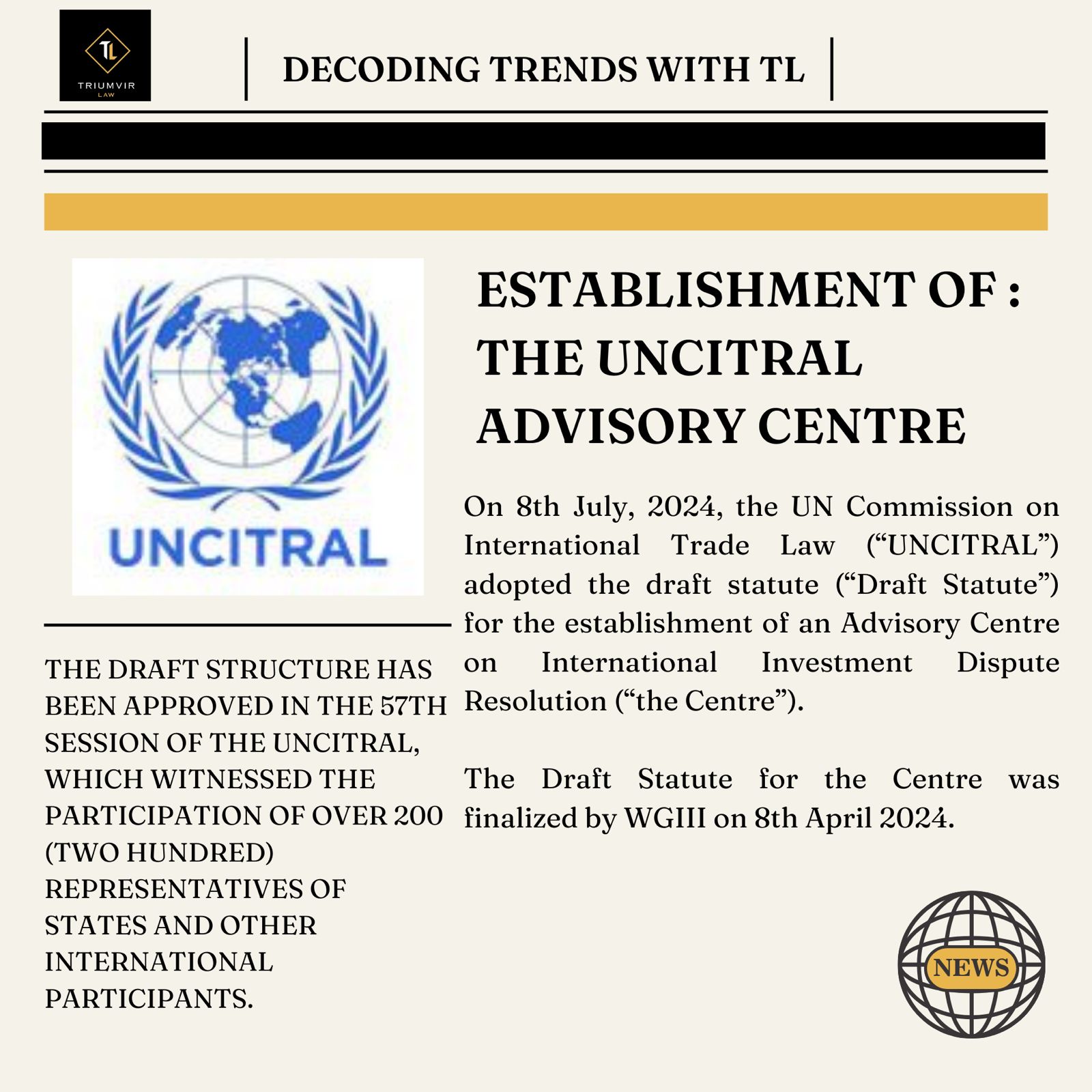
Client Update

Client Update: CENTRAL GOVERNMENT AMENDS THE FDI POLICY
The Central Government through Department for Promotion of Industry and Internal Trade (“DPIIT”) on April 17, 2020 via Press Note 3 (2020 series) amended the Foreign Direct Investment (“FDI”) policy to curb opportunist takeovers or acquisition of Indian companies due to the COVID-19 pandemic. Automatic Route and Government/Approval Route Under the FDI regime, there are two key routes for an Indian company to receive foreign investment: (i) automatic route; and (ii) approval/government route. The first is the automatic route, wherein, a person resident outside India (which includes entities incorporated outside India) does not require prior approval of the Reserve Bank of India (“RBI”) or Government of India for investing in an Indian company.
Under the automatic route, the investor needs to only inform the RBI once the investment is made. On the other hand, the approval route requires the foreign investor to get prior approval from the RBI or Central Government to invest in India. The Central Government demarcates the sectors which are under automatic route and approval route under Para 3 of Schedule I of Foreign Exchange Management (Non-debt Instruments) Rules, 2019. Position under the existing FDI Policy The existing FDI policy allows a person resident outside India (which includes entities incorporated outside India) to invest in India subject to the sectoral caps, except in those sectors which are prohibited. These prohibited sectors include gambling or betting business, lotteries, chit funds, cigars, cigarettes or any other related tobacco industry among others. There is a further limitation imposed upon Bangladesh and Pakistan under the extant scheme. A citizen of Bangladesh and Pakistan or an entity incorporated in Bangladesh and Pakistan can only invest in India under the Government route. Amendment and its impact As per the new amendment to the FDI Policy, a person resident (which includes entities incorporated) of a country which shares a land border with India can only make investment in India under the approval route. This means that any investment from Pakistan, Bangladesh, China, Myanmar, Bhutan, Afghanistan and Nepal will require a prior government approval. Similarly, the amendment also covers the situation wherein the beneficial owner of investments is a resident of the above countries. This amendment also restricts transfer (direct or indirect) of ownership of any existing or future FDI in an Indian entity to a person resident (which includes entities incorporated) of a country which shares a land border with India.
Any secondary transfer of FDI ownership or a change in the beneficial ownership, where the ownership is transferred to a resident of the above-mentioned seven countries, will require the Government’s assent. On account of such an amendment to the policy, not only fresh FDI investments but also transfer of existing investments to a resident of the above-mentioned seven countries would require prior approval from the Government of India. This amendment will come into force from the date of the FEMA notification. Therefore, we can classify the above amendment as a protective measure taken by the Government of India to protect Indian companies from opportunistic takeovers and Chinese investors taking advantage of vulnerable Indian companies. The amendment therefore significantly increases the Government’s scrutiny on foreign investments, especially investments coming from China. The policy change will have negative ramifications for start-ups not only in relation to raising capital in future and providing exits to their existing investors based out of China, but it might also disincentivize the Chinese investors from investing in Indian companies as their rights under existing investments have been curtailed by this amendment. However, it will be interesting to see how approvals are granted under this new regime and whether it will affect the investments flowing from China.
Disclaimer: This is a general informative update and will not amount to legal advice. The opinions expressed here are general in nature and should not be construed as legal opinion. If you have any specific query on this update, we request you to reach out to our team for the relevant advice.
RECENT POST
SOCIAL SHARE
Related Post

Budget Takeaways 2024-25
Decoding Trends With Trumvir Law The Budget for FY 2024-2025, presented on July 23, 2024, aims to advance India’s growth

The Transformation of Criminal Law in India: A Comprehensive Overview
Decoding Trends With Trumvir Law India’s legal landscape witnessed a seismic shift on July 1, 2024, with the introduction of

Empowering Arbitration: The Advisory Centre on International Dispute Resolution
Decoding Trends With Trumvir Law I. Introduction On 8th July, 2024, the UN Commission on International Trade Law (“UNCITRAL”) adopted

